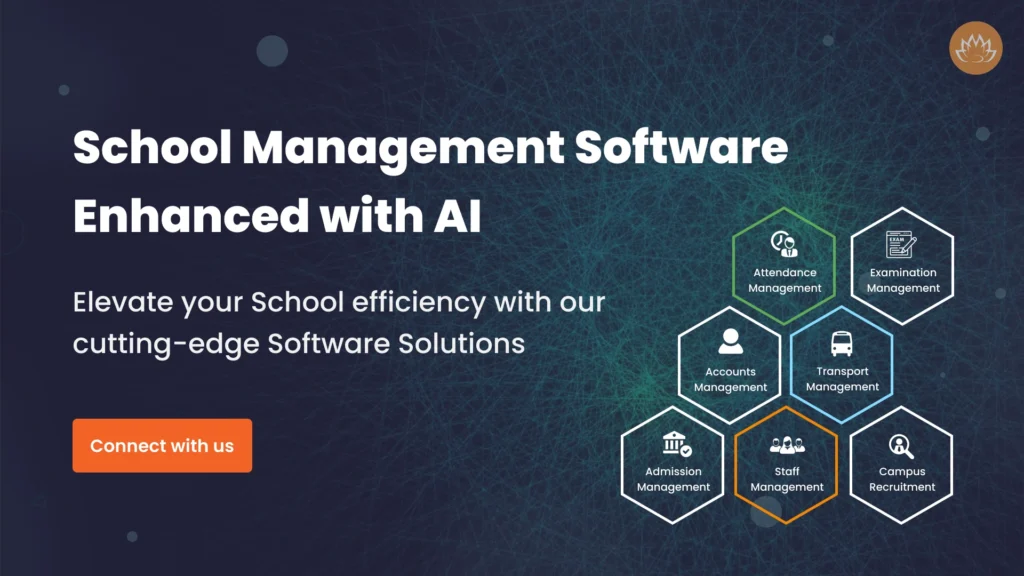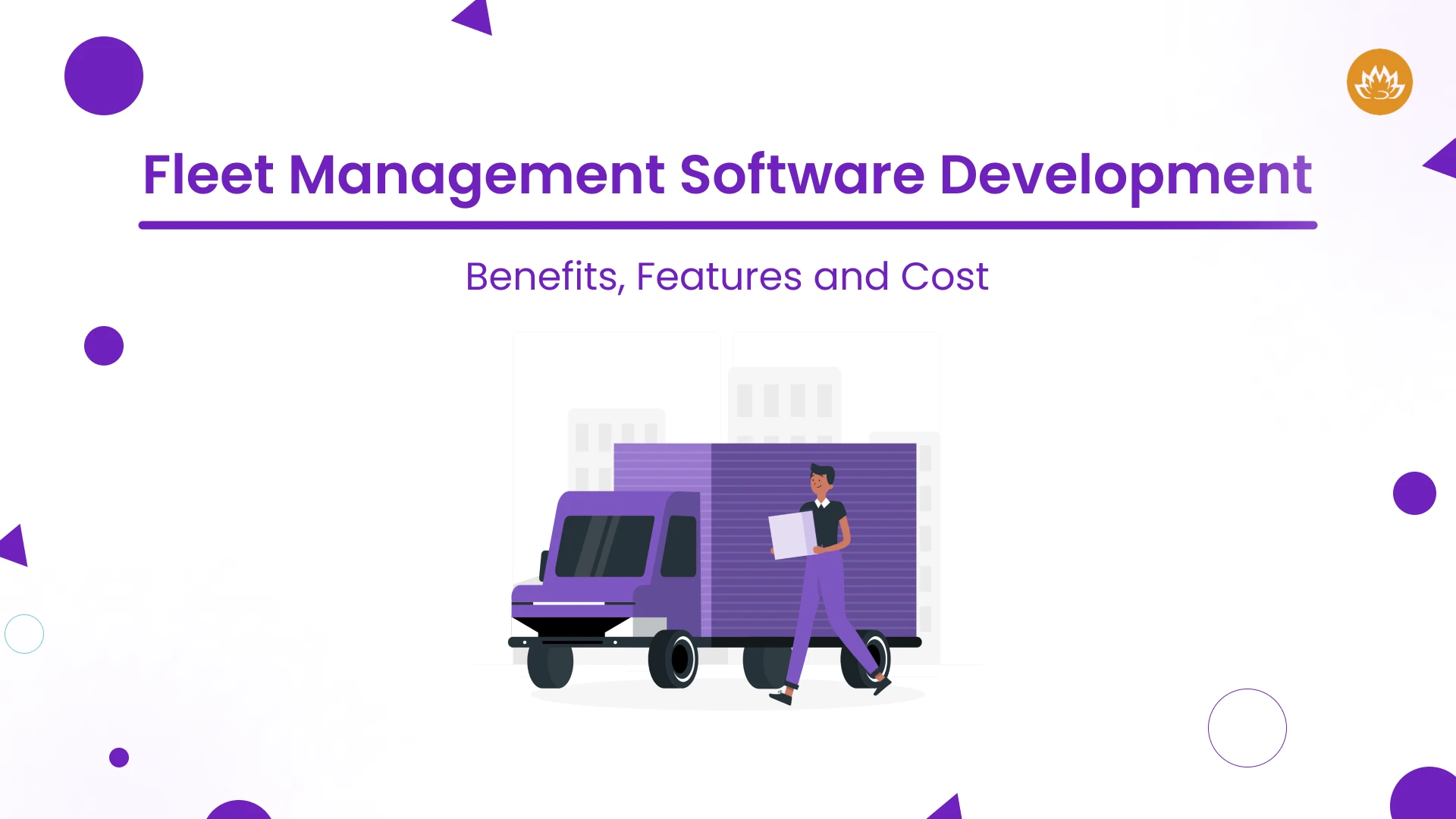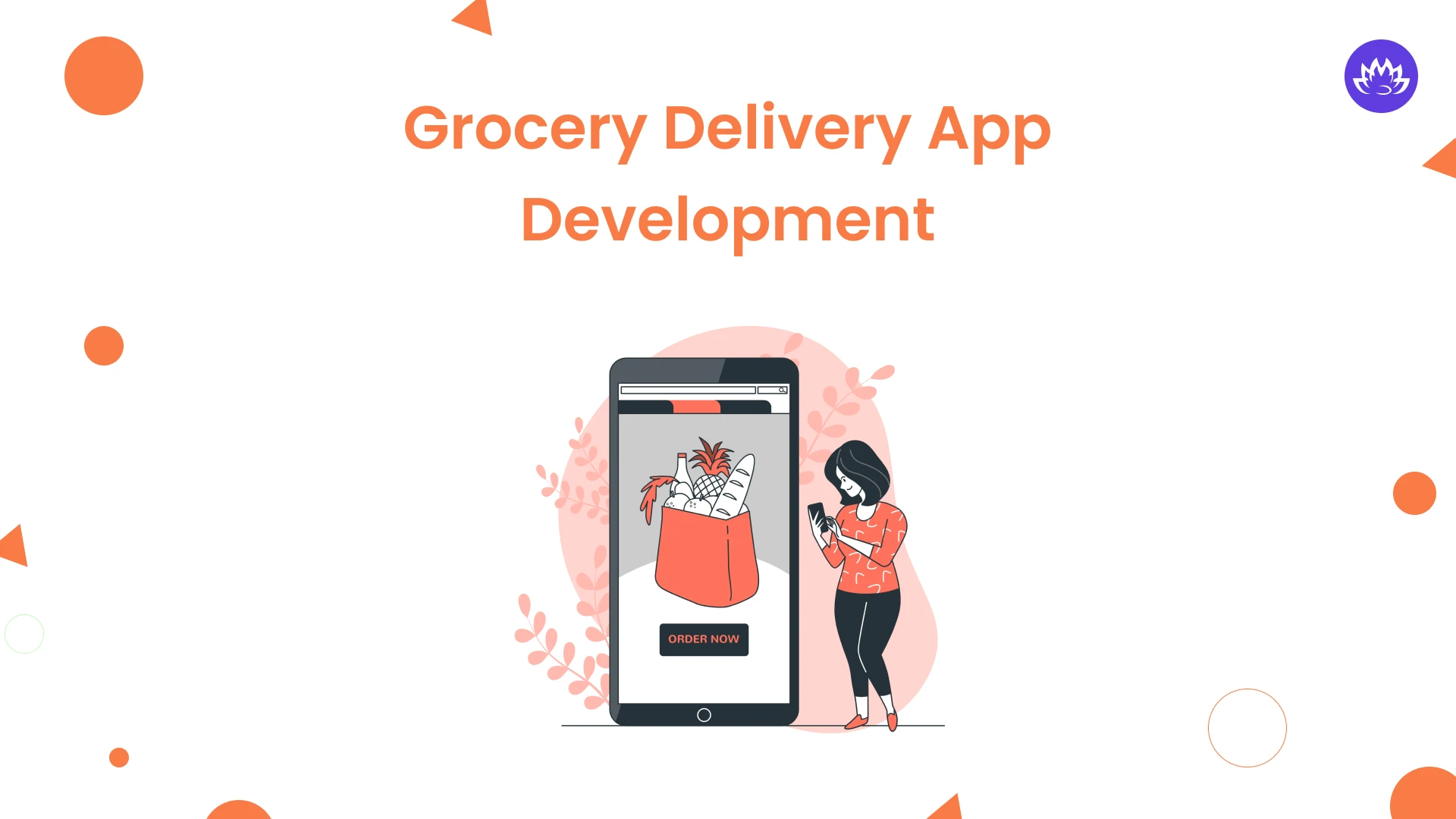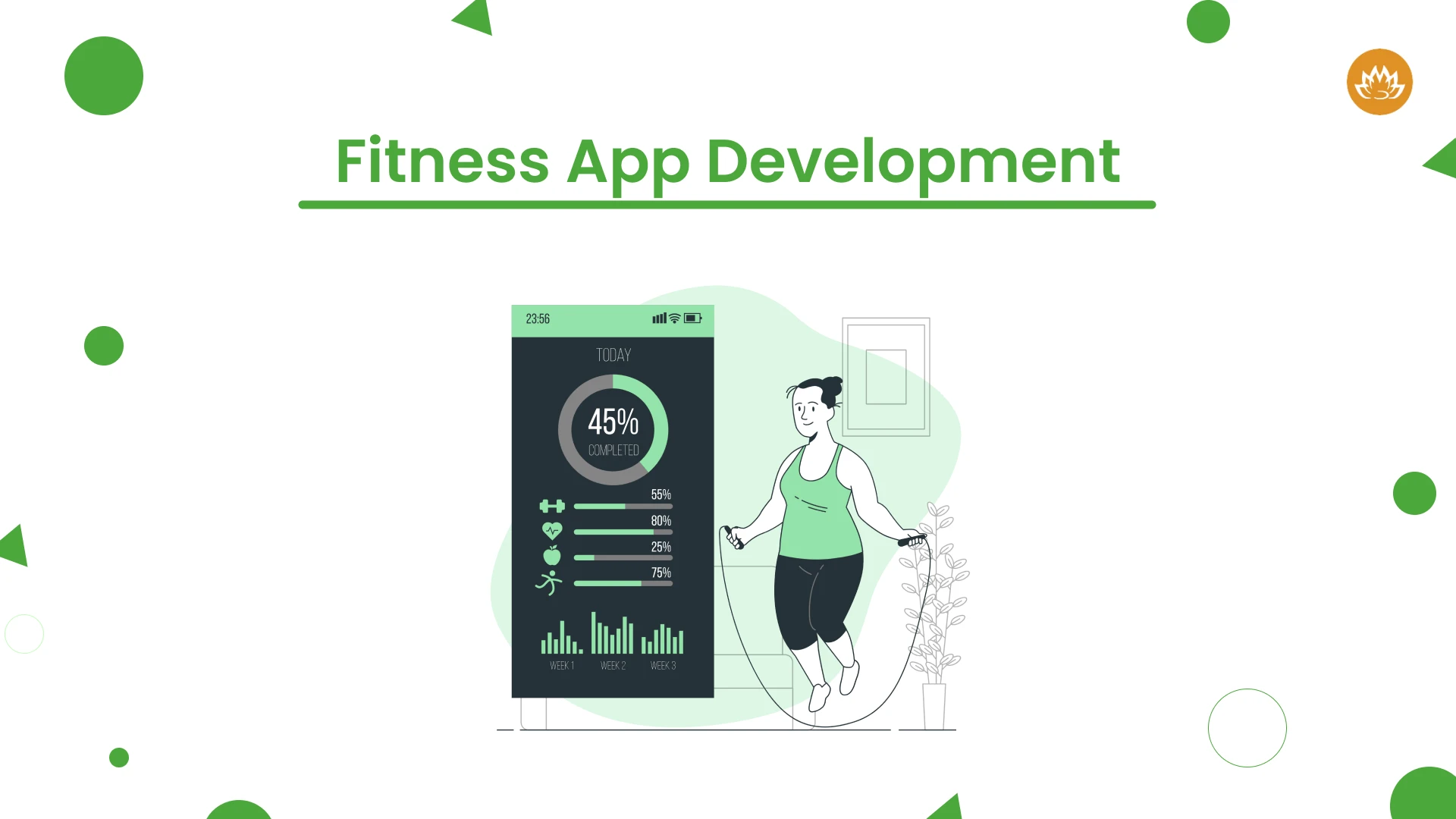With the continuous progression of technology, it is inevitable that its influence on different sectors will be felt. Education is no exception. The incorporation of artificial intelligence AI is transforming the education world in unimaginable ways.
As technology trends increase in recent years and the demand for customized, efficient learning experiences heightens it is becoming more important of AI’s responsibilities within such an industry. World-class software development companies lead in creating new AI solutions that change the way students learn and educators teach.
In this article, we will consider how AI influences the future of the education market. From adaptive learning to intelligent tutoring systems, AI technology is facilitating the progression of improvements that could revolutionize education as we know it so far.
Machine Learning and Artificial Intelligence
In turn, AI and machine learning technologies have the potential to improve student experience as well. Here is the role of AI and machine learning and the ways they are making an impact:
-
1.Personalized Learning:AI algorithms can analyze the performance, interests and learning styles of students to provide personalized recommendations as well as recommended paths for learning. This individualized approach may offer maximum results on learning outcomes and make sure that each student gets personal attention.
-
2.Intelligent Tutoring Systems:Virtual tutors using AI technology can provide real-time help and advice to students, identifying their weaknesses and adjusting the curriculum based on these. These systems are able to increase student interaction and raise academic results.
-
3.Automated Grading:AI can automate the grading process for objective assessments to save teachers’ time and facilitate faster feedback delivery back to students. This automation enables the educators to develop meaningful feedback and personalized instruction.
Artificial Intelligence Solutions in Education
Several AI solutions have been designed especially for usage in the education sector. These solutions offer numerous benefits, including:
-
Chatbots:AI-powered chatbots can provide instant responses to student queries, offer course recommendations, and assist with administrative tasks. They can also handle repetitive tasks, freeing up teachers’ time for more impactful activities.
-
Virtual Reality (VR) and Augmented Reality (AR):AI combined with VR and AR technologies can create immersive learning experiences. Students can explore historical sites, conduct virtual science experiments, and engage in interactive simulations, enhancing their understanding and knowledge retention.
-
Natural Language Processing:AI algorithms can transcribe and analyze speech, making it easier for students to interact with educational content through voice commands. This technology can also support language learning by providing real-time translation and pronunciation assistance.
School Management Software Enhanced with AI
AI-driven school management software can streamline administrative tasks and improve operational efficiency. These intelligent platforms offer several advantages:
-
Student Information Management:AI can automate data entry, management, and analysis, helping schools maintain accurate student records and generate insights for better decision-making.
-
Attendance and Safety:AI-powered chatbots can provide instant responses to student queries, offer course recommendations, and assist with administrative tasks. They can also handle repetitive tasks, freeing up teachers’ time for more impactful activities.
-
Predictive Analytics:AI algorithms can analyze historical data and generate predictions related to student performance, dropout rates, and resource allocation. These are useful data that can facilitate institutional planning and early intervention strategies.
Technology Trends In The Education Industry
Various technology trends are facilitating the integration of AI in education:
-
Internet of Things (IoT):IoT devices are capable of capturing and sharing data from physical objects, such as smartboards, wearable gadgets or educational toys, so that they provide appropriate learning. These devices also track the students’ progress and point out problem areas.
-
Big Data Analytics:AI and machine learning can be used to leverage the vast amount of data generated in education. Analysis of this data can show trends, inform curriculum design and shape the instructional strategies.
-
Gamification:AI can augment gamified learning, providing instant feedback, adjustable challenges and tailored motivation. This approach enhances student engagement and motivation, making learning fun.
Education Industry Software Development Consultants
As AI refreshes education, it becomes imperative to collaborate with seasoned software development companies. These are companies that have the capacity to develop innovative AI solutions based on identified educational needs. They can guarantee the smooth implementation of AI technologies into current infrastructure and offer continuous technical services.
Final Thoughts
AI revolutionizes the education sector with personalized learning, smart tutoring and automatic grading. Chatbots, VR/ AR technologies and natural language processing belong to AI solutions that are changing the way education is provided. AI-based school administration software is improving administrative effectiveness and student wellness. Technology trends such as IoT, big data analytics and gamification further support AI implementation in education. The full potential of AI may be harnessed only through partnering with expert software development companies to create solutions that will help shape the future of education. Consequently, AI will assuredly enable students globally to have a more interactive, custom-made and effective learning atmosphere.
Author
-

Sunil is a result-orientated Chief Technology Officer with over a decade of deep technical experience delivering solutions to startups, entrepreneurs, and enterprises across the globe. Have led large-scale projects in mobile and web applications using technologies such as React Native, Flutter, Laravel, MEAN and MERN stack development.
View all posts














